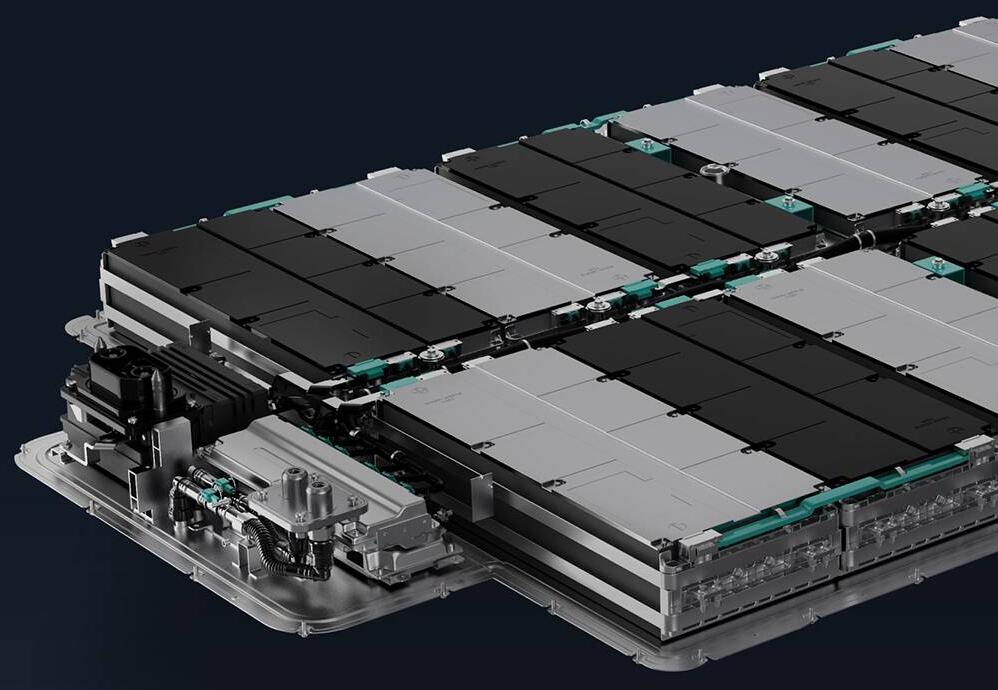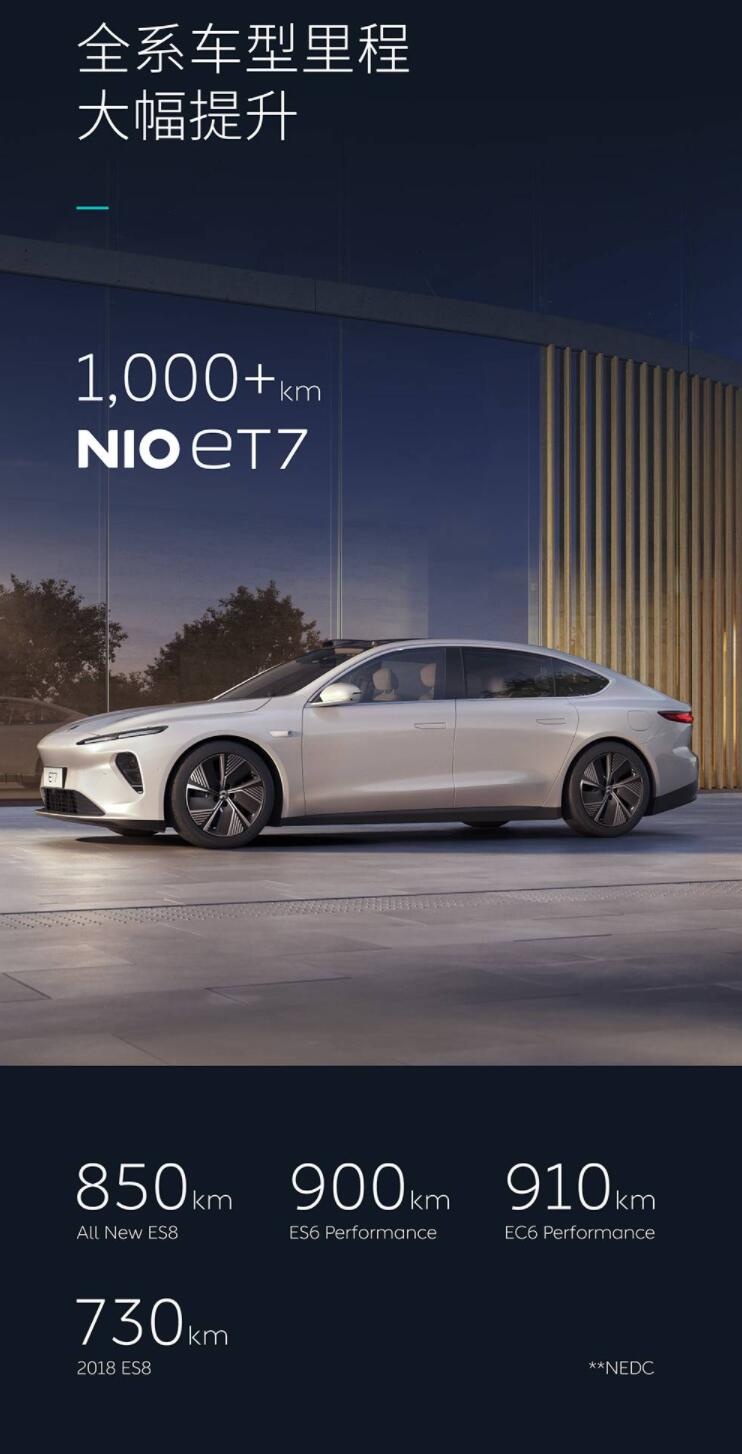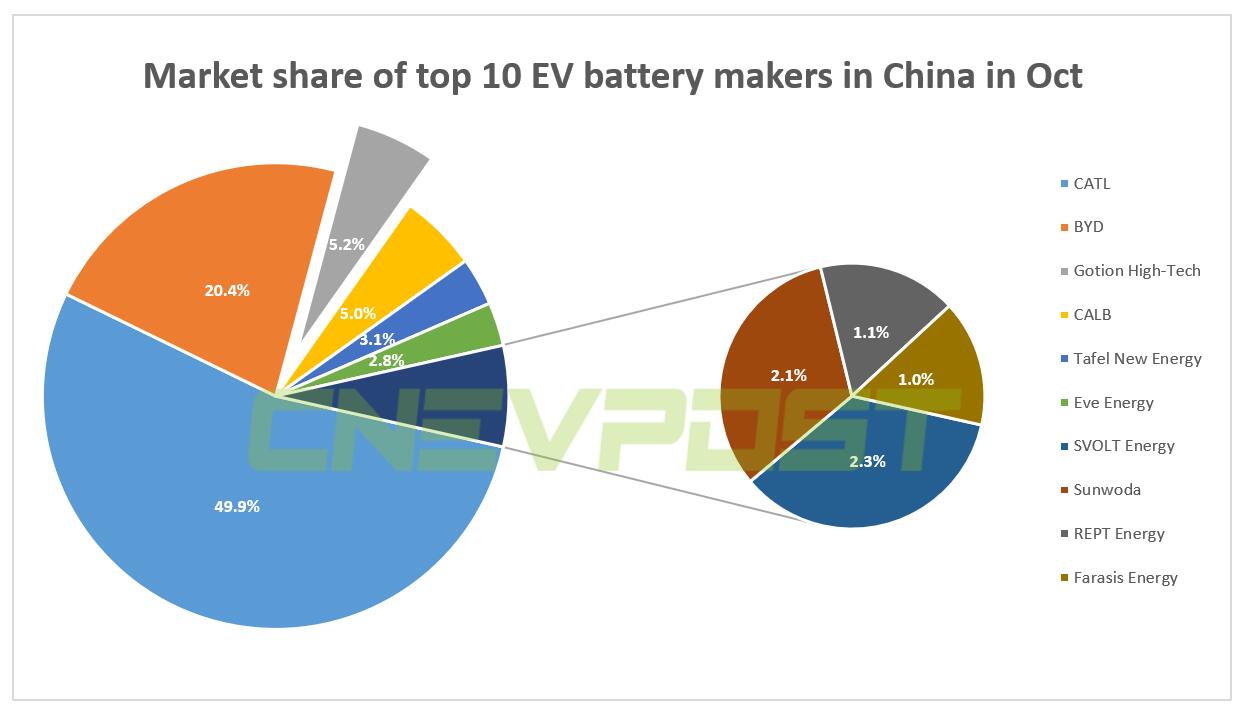Nio's 150 kWh pack supplier may be Gotion High-tech, which is located in the same central Hefei city as Nio's plant.
Nio has not announced the supplier for its 150-kWh battery pack, but the latest information indicates that the supplier may be Hefei-based EV battery maker Gotion High-tech.
Gotion High-tech will supply a local maker of high-end pure electric vehicles with a semi-solid-state battery that achieves a range of more than 1,000 kilometers, said the company's chairman Li Zhen.
Li made the remarks at the New Energy Vehicle Industry Development Forum at the 2021 World Manufacturing Congress on November 20, according to a transcript obtained by CnEVPost. Although he did not directly name the EV maker, we suspect it may be Nio.
When Nio unveiled its flagship sedan Nio ET7 at the Nio Day 2020 event on January 9, it said that the model would be offered in a future version with a 150-kWh solid-state battery, giving it an NEDC range of 1,000 km.
Nio's aggressive goal was once met with skepticism, given that solid-state battery technology has not yet begun commercial mass production.
Nio founder, chairman, and CEO William Li clarified in an interview after Nio Day that the Nio ET7's solid-state battery is more accurately described as a "semi-solid-state battery.
(Image credit: Nio)
Gotion High-tech's Li provided limited information, but he also said that the company's semi-solid-state battery for this customer has double the range of its first-generation model, which also seems to be consistent with Nio's case.
Nio's first-generation model is the ES8, whose official website shows an NEDC range of 450 kilometers for the version with the 75 kWh standard range battery pack.
There is no more information on Nio's 150-kWh pack, but William Li said in a conference call earlier this month after its third-quarter earnings announcement that the pack is on track to be available in the fourth quarter of next year and is still on track.
After Nio announced the 150-kWh pack earlier in the year, there were several speculations in the local media about its suppliers.
CATL, China's largest power battery supplier, was rumored to be the supplier of the battery, but this was denied by the company, and Nio has not been able to confirm news about the battery supplier.
We believe that Nio's choice of Gotion High-tech as its 150-kWh battery pack supplier is highly likely for several reasons.
The fact that Nio's current battery is exclusively supplied by CATL indicates that the company is taking its choice of power cells very seriously in order to maintain its premium brand image, so it is unlikely to choose an obscure supplier.
Data from the China Automotive Battery Innovation Alliance earlier this month showed that Gotion High-tech was the No. 3 power cell supplier in China, with 0.80 GWh of power cells installed in October and a 5.2 percent market share in China.
(Graphic by CnEVPost)
Among the top 10 local power battery suppliers, we have not seen any other companies talking about R&D for solid-state or semi-solid-state batteries.
Notably, Gotion High-tech signed a new agreement with Volkswagen in July to develop the first generation of standard cells for the latter's regular mass-production models.
Gotion is in the midst of VW's supplier certification process in China, and upon passing the certification, it will supply batteries to the local MEB modular electric drive platform products, the company said at the time.
Choosing VW's close partner in China as a battery supplier also helps Nio to enhance the perception of the reliability of his vehicles.
In addition, Gotion High-tech is headquartered in Hefei, Anhui province, which is also home to Nio's factory.
This means that it will be easier for the two to jointly develop and commission the battery packs, and will significantly shorten the supply chain distance during the mass production phase.
Returning to Gotion High-tech's Li's remarks, he also mentioned that advances in battery technology depend on advances in materials science, and that nearly 1,000 of the company's 2,000-plus R&D staff do materials science research.
He also said that the company plans to have 300 GWh of battery capacity by 2025.


